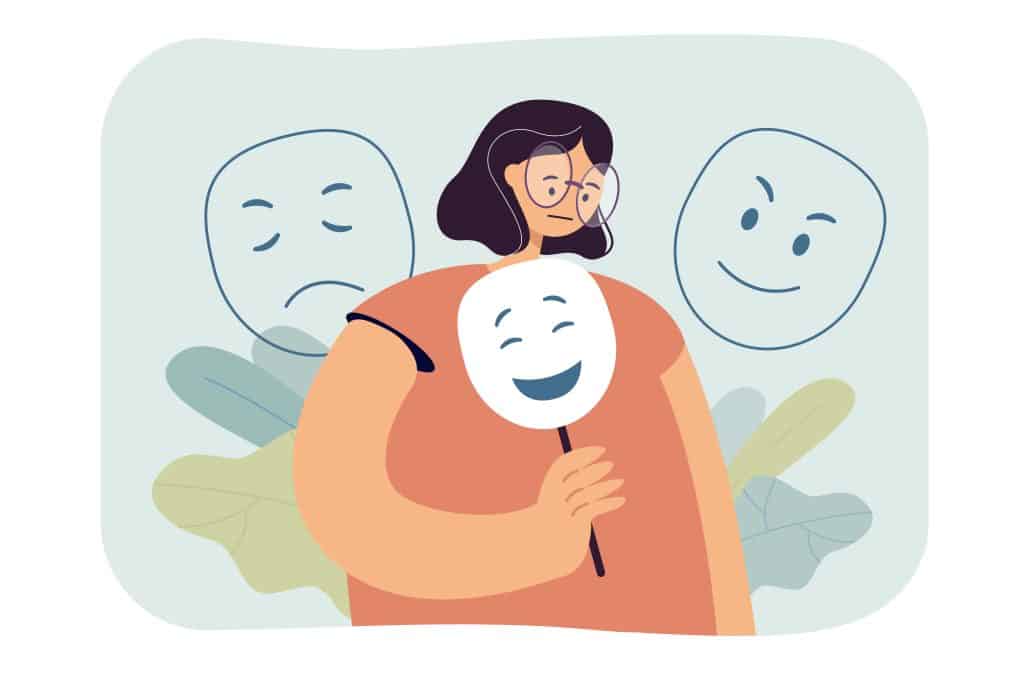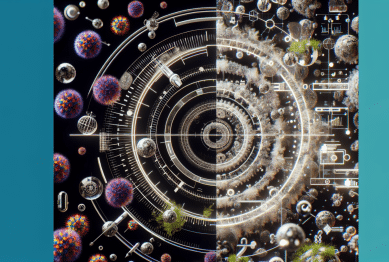In today’s fast-paced world, making decisions—whether about health, lifestyle, or career—can be overwhelming. Emotional resilience plays a crucial role in navigating these choices. Learn how building emotional resilience can empower you to make decisions with confidence, especially when it comes to your well-being.

The Power of Emotional Resilience in Wellness Decision Making
When we think about making decisions, especially regarding our wellness and personal health, it’s easy to feel overwhelmed. With countless options, advice, and pressures, how do we make the best choice? The answer lies in emotional resilience—the ability to stay grounded and adaptable in the face of life’s challenges. Building emotional resilience can transform how we approach wellness decisions, boosting our confidence, clarity, and effectiveness.
Why Emotional Resilience is Crucial for Wellness Decisions
Making informed decisions about health, fitness, and personal well-being requires more than knowledge; it requires the emotional strength to trust ourselves, especially in times of uncertainty. Resilience allows us to bounce back from setbacks and maintain a positive mindset, which is essential when navigating challenges like weight loss, managing chronic conditions, or adjusting to new routines.
Emotional resilience fosters a mindset that’s not only prepared for challenges but can thrive amid them. This mindset helps individuals make thoughtful and confident decisions instead of impulsively reacting to fleeting emotions or external pressures.
Key Benefits of Emotional Resilience in Wellness:
- Clarity in Decision Making: Emotional resilience reduces emotional overwhelm, making it easier to assess options clearly.
- Better Stress Management: Resilience helps individuals cope with the inevitable stressors of wellness journeys, whether it’s dealing with setbacks in health or stress from work.
- Increased Self-Confidence: Strong emotional resilience boosts self-esteem, allowing individuals to trust their decisions, especially in challenging wellness situations.
By cultivating emotional resilience, you not only improve your mental health but also enhance your ability to make decisions that reflect your true needs and values.
Practical Strategies to Build Emotional Resilience for Confident Decision Making
Here are some actionable steps to strengthen your emotional resilience and make confident wellness decisions:
1. Practice Self-Awareness
Self-awareness is the cornerstone of emotional resilience. Take time each day to reflect on your thoughts, feelings, and reactions. Understanding how you respond emotionally to wellness challenges can help you avoid knee-jerk decisions based on fear or anxiety. Try journaling, meditation, or mindfulness exercises to improve your self-awareness.
2. Develop Emotional Regulation Skills
Building emotional resilience means learning how to manage intense emotions. Whether it’s frustration over slow fitness progress or fear of making the wrong dietary choice, emotional regulation allows you to stay calm and make rational decisions. Techniques such as deep breathing, progressive muscle relaxation, or grounding exercises can help you regulate your emotions during difficult moments.
3. Cultivate a Growth Mindset
Adopting a growth mindset—believing that you can grow and improve through effort—plays a pivotal role in enhancing emotional resilience. It encourages perseverance through setbacks and helps you view failures as learning opportunities, rather than reasons to give up. In the context of wellness, a growth mindset means you view challenges in your health journey as temporary obstacles rather than permanent failures.
4. Surround Yourself with Support
Building emotional resilience is not an isolated endeavor. Having a strong support network is essential. Seek out individuals or communities who encourage healthy habits and provide emotional support during tough times. This can be a wellness group, a therapist, or trusted friends who are committed to their own health and well-being.
5. Prioritize Self-Care
Resilience is strengthened through consistent self-care. This means taking time to rest, recharge, and practice activities that promote mental and emotional well-being. Exercise, hobbies, proper sleep, and relaxation techniques are all vital to maintaining the energy and emotional strength needed for decision-making.
How Resilience Leads to Healthier Wellness Choices
When emotional resilience is built, decision-making becomes more rational, and you’re less likely to make choices driven by fleeting emotions or social pressures. Instead, you’re empowered to make decisions that align with your long-term wellness goals.
For example, those with high emotional resilience may choose to invest in long-term health benefits, like committing to a sustainable exercise regimen or seeking therapy for mental health concerns, instead of opting for short-term quick fixes. They understand that true wellness takes time and patience and trust in their ability to handle the emotional ups and downs that come with it.
Moreover, resilient individuals are more likely to persevere when faced with obstacles. If they miss a workout or indulge in unhealthy foods, they bounce back quickly and don’t let guilt or shame cloud their judgment. They can stay focused on their goals and move forward with a renewed sense of purpose.
The Science Behind Emotional Resilience and Wellness Decision-Making
Research supports the connection between emotional resilience and better decision-making in health contexts. A study by the American Psychological Association (APA) found that emotionally resilient individuals are better at managing stress, which leads to healthier lifestyle choices (APA, 2019). They are more likely to stick to positive habits like exercising regularly and eating nutritious meals compared to those who struggle with emotional regulation.
Furthermore, individuals who develop resilience tend to have higher levels of self-control. They’re able to resist unhealthy temptations and avoid emotional eating or making rash decisions based on anxiety or stress (Masten, 2014). This ability to maintain a balanced perspective enables them to consistently make decisions that contribute to their well-being.
Conclusion: Empower Your Wellness Journey with Resilience
Emotional resilience isn’t just about bouncing back from adversity—it’s about growing stronger in the face of challenges and making decisions that support your wellness goals. By incorporating the strategies mentioned above, you can build resilience that empowers you to make confident, informed decisions about your health and happiness.
As you continue on your wellness journey, remember that each decision, no matter how small, shapes the path to a healthier you. Cultivating emotional resilience ensures that you can make those decisions with clarity and confidence, leading to long-lasting positive changes in your life.
References:
- American Psychological Association (APA). (2019). The role of emotional resilience in health decision-making. American Psychological Association. Available at: https://www.apa.org (Accessed: 1 August 2025).
- Masten, A. S. (2014). Resilience in children: Developmental perspectives and intervention strategies. Annual Review of Clinical Psychology, 10, 125-145. Available at: https://www.annualreviews.org (Accessed: 1 August 2025).
- (APA, 2019) The role of emotional resilience in health decision-making. American Psychological Association. Available at: https://www.apa.org (Accessed: 1 August 2025).









